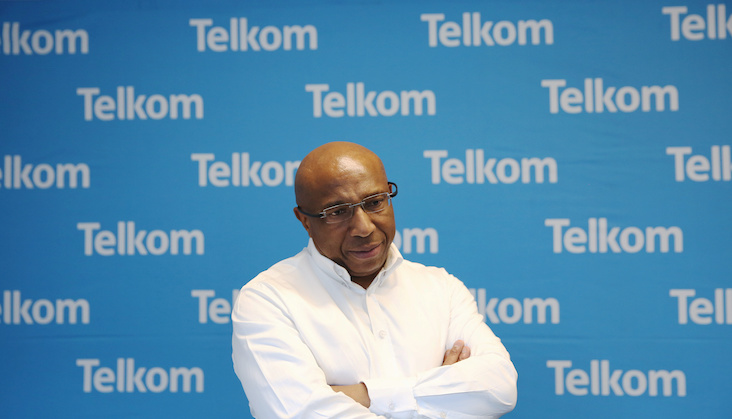Telkom Says It Still Needs Regulatory Support
South Africa’s major telecom company, Telkom is doubling down on its demand that it should continue to qualify for asymmetric mobile termination rates (MTRs).
In the group’s integrated annual report for 2023, which was published on Monday, CEO Serame Taukobong repeated the operator’s assertion that it should qualify for asymmetric MTRs.
This would allow it to charge larger operators more and pay them less to carry calls between their networks. In other words, if a Telkom customer were to phone a Vodacom customer, Telkom would pay less to Vodacom for terminating that call than the other way around.

Under the proposed new rules, the ability to charge asymmetric rates is reserved for new licensees only
“We believe that the Independent Communications Authority of South Africa’s change of approach regarding which mobile operators qualify for asymmetric MTRs is irrational, considering the entrenched duopoly and its related market dynamics,” said Taukobong. The “duopoly” he is referring to is Vodacom and MTN.
read also iKhokha Partners Mastercard to Drive Contactless Payments
Icasa’s change in stance came in March 2022 when it said MTRs would “move to symmetry within a transitional period of 12 months”, following a review which began in May 2021. This has not yet happened, and Telkom and Cell C continue to enjoy asymmetry in the rates.
Removing the regulatory subsidy Telkom and Cell C have enjoyed for many years could have a negative impact on their revenues. Under the proposed new rules, the ability to charge asymmetric rates is reserved for new licensees only, and they’ll only get the advantage for “three years after entry into the market”.
Telkom court application
Telkom filed a court application in September 2022 seeking a review of Icasa’s 2022 findings, the results of which are still outstanding. In June 2023, Icasa gave notice of its intention to continue with the next phase of its review despite Telkom’s ongoing litigation.
From Telkom’s point of view, Icasa’s addition of the three-year time constraint to its qualifying criteria ignores the history of asymmetric MTRs in South Africa. Former group CEO Sipho Maseko was vocal about Vodacom and MTN’s alleged dominance, claiming in 2018 that it was the result of prolonged asymmetry that disfavoured Telkom for two decades.
“For a solid 20 years, asymmetry was free cash that flowed from Telkom to the now-dominant mobile players,” said Maseko in testimony to the Competition Commission at the time.
Kelechi Deca

Kelechi Deca has over two decades of media experience, he has traveled to over 77 countries reporting on multilateral development institutions, international business, trade, travels, culture, and diplomacy. He is also a petrol head with in-depth knowledge of automobiles and the auto industry

